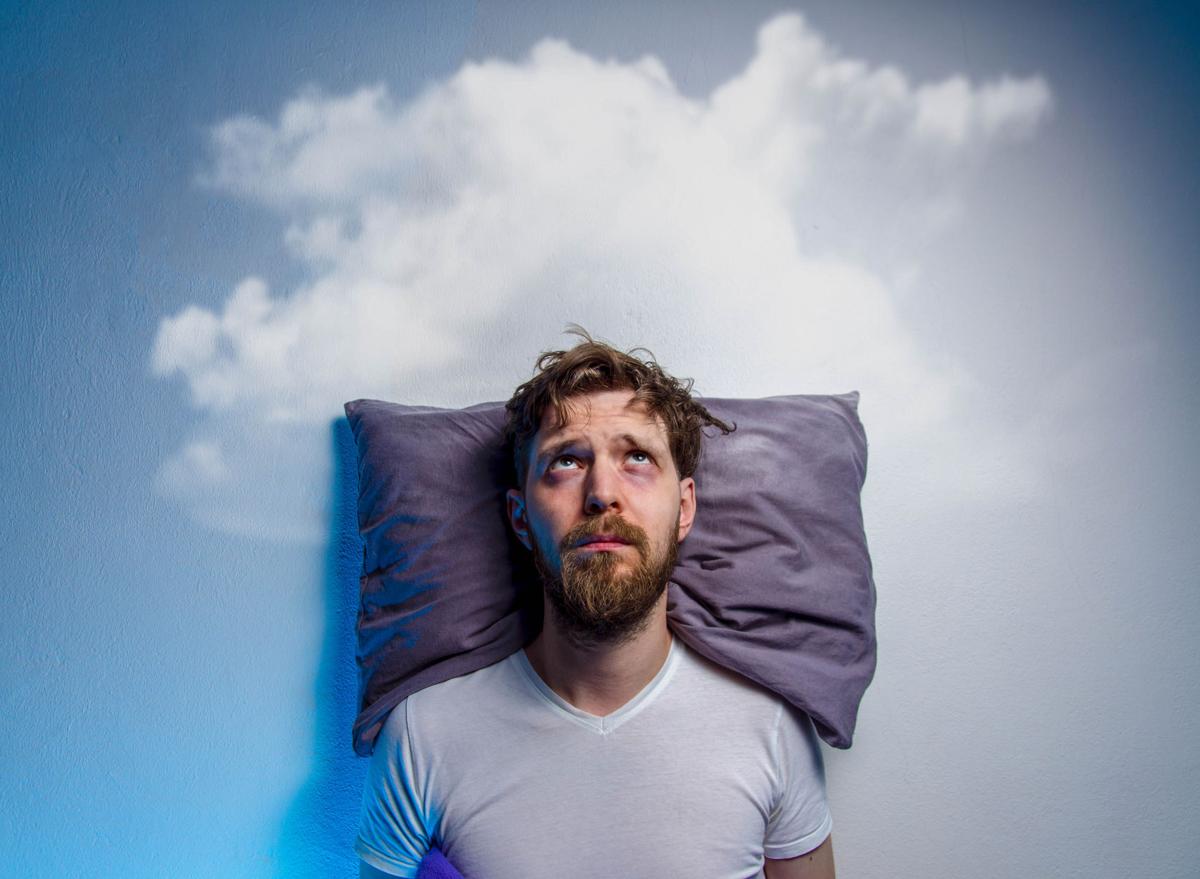source:- lancasteronline
From social distancing and school closures to quarantines and working from home, the COVID-19 pandemic has caused changes to daily routines for people of all ages. To make matters worse, you are having problems falling asleep or staying asleep at night.
You’re not alone, say Leslie Book and Alex Pineda, behavioral health consultants with the Lancaster Health Center.
“Experiencing an event of this magnitude has raised the levels of anxiety in people who are worried about different issues related to the COVID-19 pandemic, and even some that pre-dated this pandemic,” Pineda says.
Book agrees. “Even people who aren’t typically anxious are now saying that their minds are so busy that they can’t turn them off to go to sleep,” she says. “They wake up two hours later and are instantly thinking about the news or about their situation, and they just can’t shut it down.”
Physical and mental health
People with insomnia have greater levels of depression and anxiety than those who sleep normally. They are 10 times as likely to have clinical depression and 17 times as likely to have clinical anxiety.
“The more a person experiences insomnia and the more frequently they wake at night as a result, the higher the chances are of developing depression,” Book says. “However, it is not only mental health that suffers but also our physical health. Medical conditions may also be negatively affected.”
Sleep is a natural immune booster, so getting a good night’s sleep is one of the best ways we can improve our immunity and defend against viruses and disease.
How can someone manage insomnia when they can’t take their mind off COVID-19?
If you’re spending more time on your screens looking at news updates, reading COVID-19 advice, and staying connected to family and friends, it might become even more difficult to fall asleep because the blue light from screens tells your brain to stop producing the sleep hormone melatonin.
Try to get into a rhythm where it’s light during the day and dark at night, to help set your nighttime circadian rhythm.
“What a person can do is try to stop watching the news all together at least once a week, and not be on social media at least an hour before bedtime. Be very thoughtful about what you’re checking and why you’re checking it. At night, find a way to wind down,” Book says.
Too many sleepless nights can aggravate both physical and mental health problems. However, there are steps you can take to improve your sleep during this time. Book and Pineda suggest the following:
- Stop watching the news and do not watch action or horror movies. Instead, stick with comedy, gardening or house shows at night.
- Do not watch TV or use your phone in bed. A bed is for sleeping.
- Light control: When you’re working during the day make sure that you have bright light. Open your shades, even if it’s cloudy out — especially when you first wake up in the morning. Then, an hour or two before bed start dimming the light as a way to tell your mind that it’s bedtime.
- Temperature control: Most people sleep better in a cooler, well-ventilated room.
- Drink warm milk or chamomile tea
- Exercise during the day, but stay away from heavy exercise in the evening. Sleep can be improved by exercising moderately for 10 minutes twice a day.
- Having a set routine before bedtime prepares the mind and body for sleep.
- Practicing meditation, gratitude and yoga can help destress and prepare for sleep.
- Turn off electronics at least one hour before going to bed.
- Read. But, again, not news or exciting themes.
- Add some white noise such as a fan to distract your mind or use a sleep app.
- Avoid heavy meals and alcohol before sleep and limit caffeine intake, especially in the late afternoon and evening.
- Stop checking the clock when waking up throughout the night.
While everyone has different sleep requirements, it is important to keep a regular sleep-wake schedule.
However, Book says, forcing sleep rarely works and can backfire.
“If you find yourself tossing and turning in bed for more than 20 minutes, it may be helpful to get up and do something relaxing in low light like reading, listening to music (not screen time), or drinking warm milk or chamomile tea. Giving yourself extra wind down time before bed may also help you get back into the rhythm,” she says.
